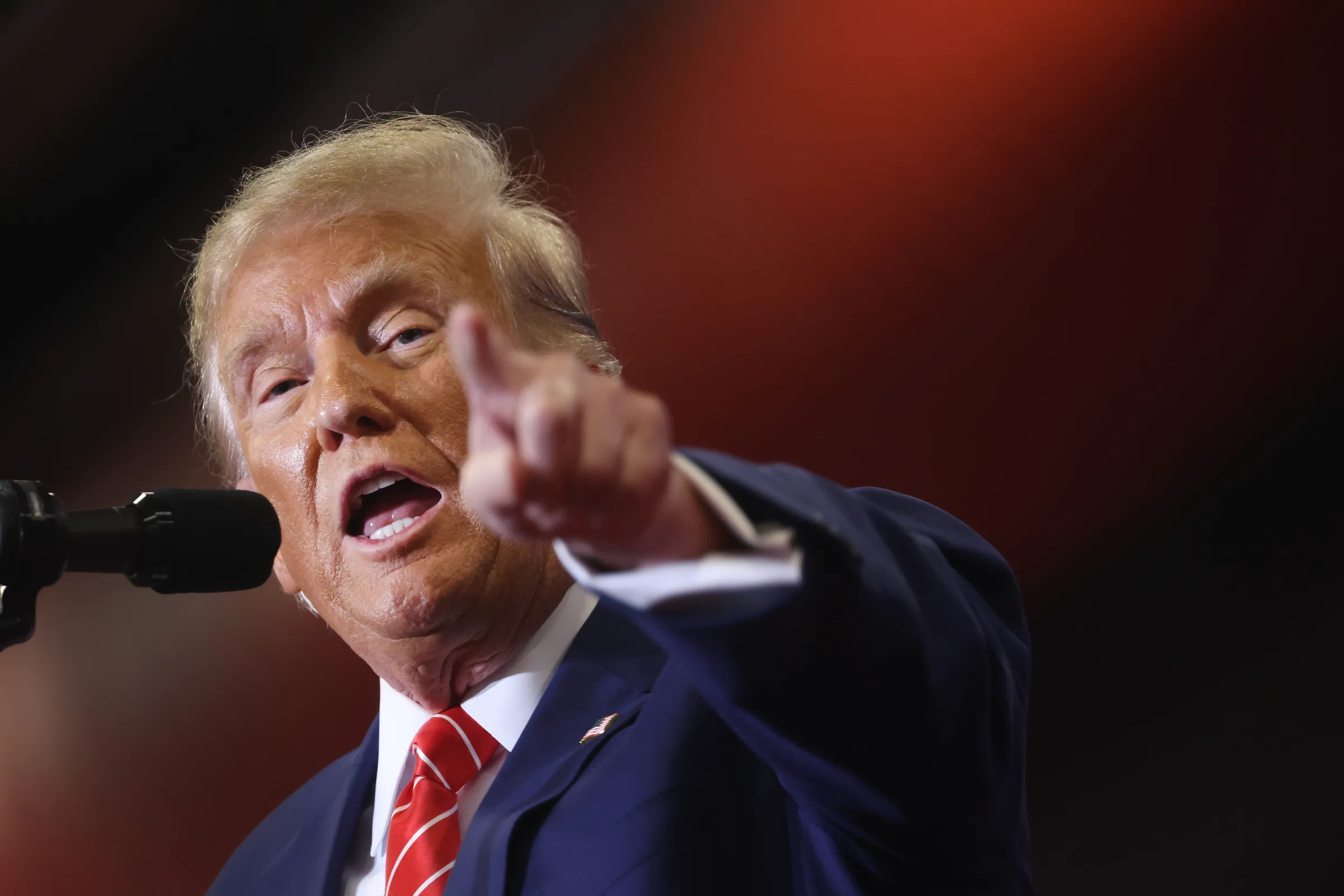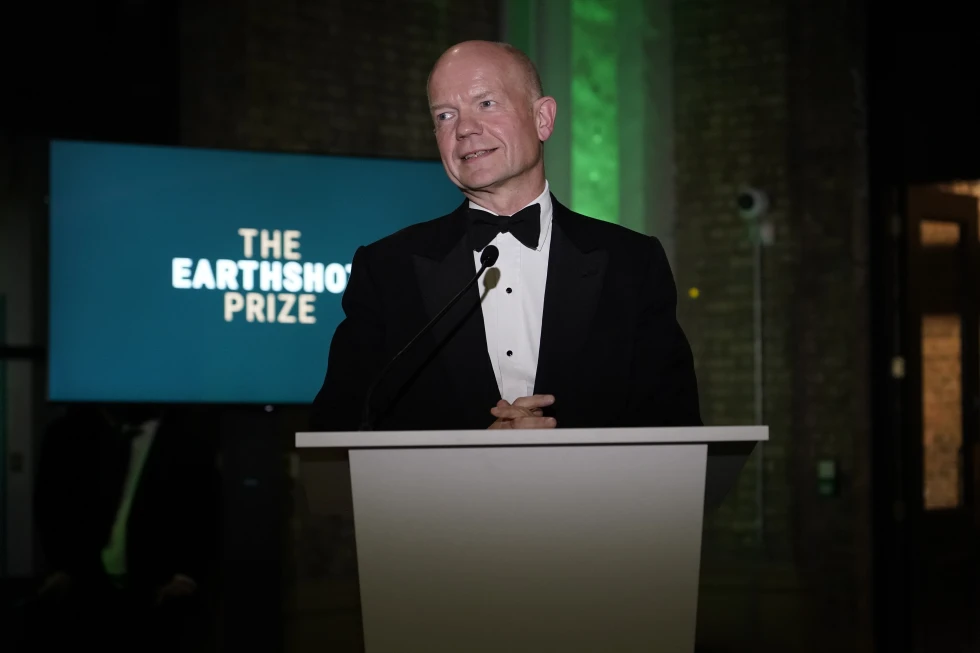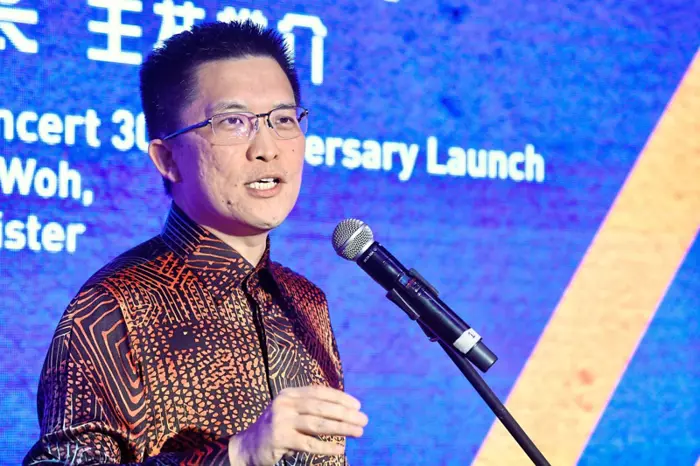Stanford Professor Explores the Impact of Technology on Deception
November 23, 2024 at 12:30 PM
2 minutes read

A view of Stanford University from Stanford Stadium during an NCAA football game on Sept. 16, 2023, in Palo Alto, Calif. David Madison/Getty Images
A Stanford professor has delved into how technological advancements influence lying and deception in modern society. The study examines the intersection of human behavior and digital tools, shedding light on the ways technology facilitates, amplifies, or inhibits dishonest practices.
The Study’s Key Findings
The research highlights how technology has made lying more accessible and scalable. From deepfake videos to AI-generated text, the tools for crafting convincing falsehoods have become more sophisticated. However, the study also notes that technology can serve as a double-edged sword, with increased surveillance and digital footprints making lies easier to detect.
One striking revelation is that individuals are more likely to lie in digital communications than face-to-face interactions, as the lack of physical presence reduces feelings of accountability.
Role of Social Media
Social media platforms were identified as major facilitators of deception, providing a space where false narratives can rapidly spread. The study underscores how algorithms prioritize sensational or polarizing content, often amplifying misinformation.
Despite these challenges, platforms like X (formerly Twitter) and Meta have implemented measures to curb misinformation, such as fact-checking and labeling disputed content. However, the effectiveness of these measures remains a subject of debate.
Technological Countermeasures
While technology contributes to deception, it also offers solutions to combat it. Advanced AI algorithms are being developed to detect deepfakes, identify fake news, and analyze patterns of dishonest communication.
For example, researchers are leveraging natural language processing (NLP) to identify linguistic cues that suggest lying, such as inconsistent narratives or overly elaborate explanations.
Ethical Implications
The study raises ethical questions about the use of technology to detect deception. Critics argue that such tools could infringe on privacy or be weaponized to suppress dissent. Balancing technological innovation with ethical considerations remains a key challenge for researchers and policymakers alike.
Public Awareness and Education
The professor emphasizes the importance of public education in combating deception. Teaching individuals to critically evaluate digital content and recognize signs of misinformation can empower users to navigate the modern information landscape more effectively.
Institutions are also encouraged to integrate digital literacy into educational curricula to equip future generations with the tools to discern truth from falsehood.
Looking Ahead
As technology continues to evolve, its role in shaping human behavior and ethical norms will become increasingly significant. The study calls for a collaborative effort among tech companies, researchers, and policymakers to address the challenges posed by deception in the digital age.
While technology has made lying easier, it also offers unprecedented opportunities to promote transparency and accountability when used responsibly.
Up next






University of Texas System Announces Free Tuition for Students from Families Earning Under $65,000
November 27, 2024
2 minutes read

New Zealand Expands Visa Policies for International Students, Boosting Post-Study Work Opportunities
November 26, 2024
2 minutes read


No Discrimination in Students' Course Placement at Public Universities
November 24, 2024
2 minutes read

M'sian Teen Duo Meet UK's Queen Camilla to Receive Top Prizes in Commonwealth Essay Competition
November 22, 2024
2 minutes read

Afghanistan's Education Ministry Explores Modern Islamic Nations' Educational Models
November 21, 2024
2 minutes read


Indian Students Surpass Chinese as Top International Student Group in the U.S.
November 19, 2024
2 minutes read

Canada Expands Off-Campus Work Hours for International Students to 24 Hours Weekly
November 18, 2024
1 minutes read


Malaysian Preschooler Sets Record by Naming 47 Dialling Codes in 60 Seconds
November 15, 2024
1 minute read


Education Group Calls for Exams in Year 3 to Ease Transition in Malaysia’s School System
November 13, 2024
2 minutes read

Malaysia Considers Single University Entry Exam for STPM and Matriculation Students
November 12, 2024
1 minutes read

Experts Urge Independent Intervention to Address On-Campus Bullying in Malaysia
November 12, 2024
1 minutes read

Singapore to Recognise Nine New Overseas Medical Schools to Meet Growing Healthcare Needs Starting January 2025
November 11, 2024
1 minutes read

England’s universities flex their muscles to hike fees, while students get a bum deal
November 11, 2024
2 minutes read